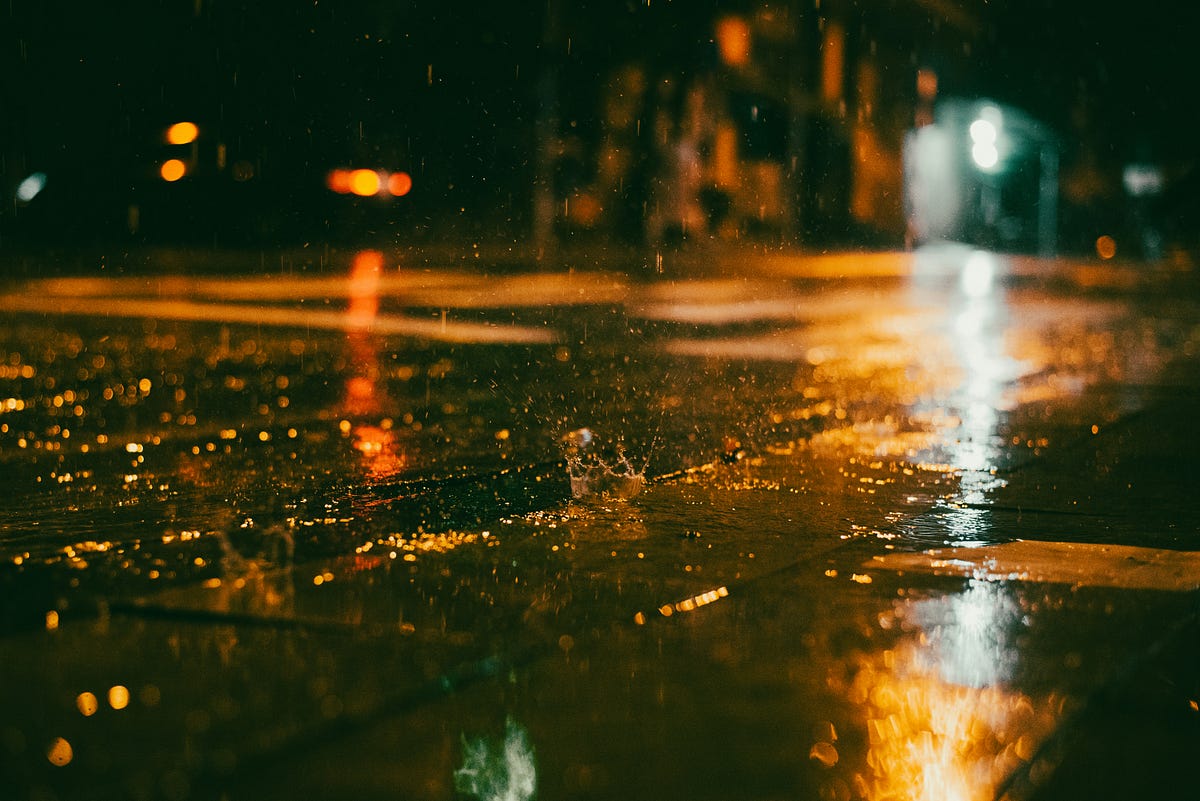it typically didn’t, you’ll be disappointed. There isn’t a tidy answer. It was just a convergence of perseverance and circumstance, a small moment of clarity within chaos. I had simply chosen to remain present amidst the storm of my anxiety, even if just for a fragment of time.
It began with a trembling hand. Mine.
Back row, glaring fluorescent lights, a lecturer’s voice enveloping the room like static. I pretended to jot down notes while my heart pounded so fiercely I was certain the individuals in the next row could sense the vibrations through the plastic seats. My right hand was clammy. I kept clicking the pen — on, off, on — like a minuscule metronome might provide steadiness if I allowed it enough attempts.
Typically, I had an escape strategy. Leave the room. Locate a restroom. Splash water on my face until I could blend in as normal once more. Text someone a joke. Stand outside and count the fissures in the pavement. Anything but this: the lingering. The remaining-while-everything-inside-me-yelled.
I can’t explain why I didn’t dash away that day. Perhaps I was too fatigued to flee. Perhaps I had exhausted all hallways. Or perhaps I had reached a threshold where fear had consumed so much of me that I finally craved something in return.
So, I closed the notebook. Placed the pen atop it (a minor act of defiance, absurd as it may sound). Interlaced my fingers and thought, not courageously but… stubbornly: “Alright. Give it your best shot.”
The body, when it recognizes imminent danger, is compelling. My chest tightened, then more tightly. There exists a particular kind of throat-clench that renders swallowing feel like a trial. The skin across my shoulders prickled — akin to a myriad of tiny alarms triggering beneath the surface — and the familiar thought emerged: “You’re going to faint. In front of everyone. It’ll be dreadful, and you’ll never recover from it.”
I nearly chuckled, which is ludicrous since I was not fine. But the mind relishes in theatrics. Even when the drama merely involves you, inhaling.
Thirty seconds ticked by. (Longer than it appears.)
I attempted one deep breath and faltered. Tried again, more subtly. Counted to four on the inhalation but couldn’t quite achieve it — three and a half, perhaps — yet air continued to flow in and out, obstinate as a tide indifferent to my distress. That was the initial fissure in the certainty: breathing persisted, even without my consent. I didn’t initiate it; I also couldn’t seem to halt it. Oddly comforting.
An uninvited, vivid memory surfaced. I was eight years old, standing by a window during a summer storm. Lightning illuminated the sky. I recoiled. My grandmother wrapped her arm around me and said, “Count between the flash and the thunder, dear. Listening makes it smaller.” The tempest didn’t cease. But the sound of her voice altered its intensity.
I began counting, there in the lecture hall. Not audibly, not gracefully. Just: one-two-three-four (in), one-two-three-four (out). My mind threw a fit anyway: “This isn’t effective. You’re complicating things. Everyone’s watching.” I glanced about, and no one was. People were half-asleep, typing, disinterested. One guy in front of me was sketching small, flawless cubes along the margins of his notes as if it was his occupation.
Somewhere between the fourth and fifth breath, I realized I was not resisting as intensely. The panic still lingered — heart racing, palms damp — but the edges had softened. It felt less like a beast and more like a weather system. Persistent, indeed. But transient. Weather seems immense when you’re beneath it; it’s smaller when you recall it progresses.
Time distorted strangely. The lecture continued without my engagement. A door opened and clicked shut. Someone coughed. The vent above me buzzed in that manner vents do when you abruptly take notice of them. I concentrated on minute, mundane sounds as if they were lifelines, because in that moment they truly were. Anxiety thrives on future scenarios: “what if, what if, what if.” The room stubbornly held to the present. Pen taps. Paper rustle. Hum.
An unexpected thought slipped in, not loud but solid: “You can manage ten more seconds.” Not indefinitely. Not “be calm.” Just ten seconds of deliberate staying. So I did just that. Twice. Then several more times. Not a miracle. Just arithmetic.
When the lecture concluded, I remained seated longer than everyone else, allowing the crowd to flow past. I could feel the sweat cooling on my spine, which isn’t a glamorous detail but it’s the reality. I was trembling and mortified for no specific reason. And — this part took me by surprise — I felt pride. Not for being cured (I wasn’t) or courageous (I hadn’t felt brave). Proud because I did not forsake myself. I stayed with me while I was afraid.
If you seek a neat explanation for why it worked that day when it usually didn’t, you’ll be let down. There’s no clear-cut answer. It was simply a junction of determination and circumstance, a fleeting moment of clarity within the turmoil. I had merely opted to stay present amidst the tempest of my anxiety, even if just for a sliver of time.
